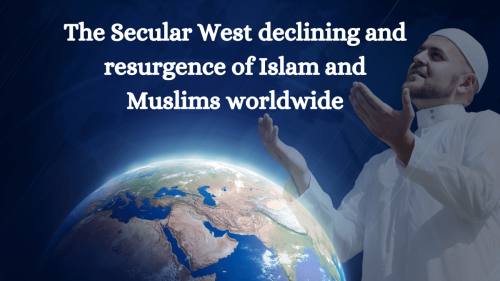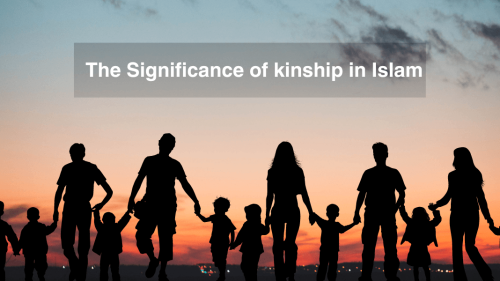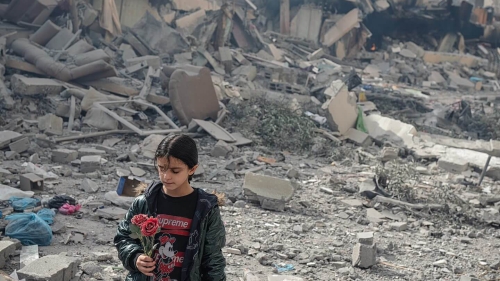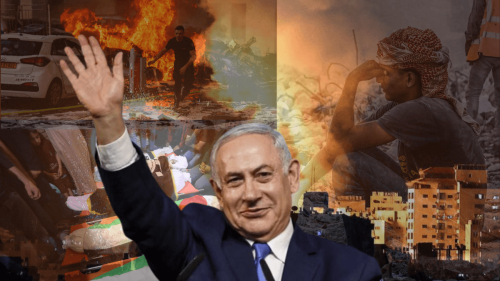Understanding Palestinian Anger
|
|
Just when I thought that the brief images on television, the few commentaries and news reports had finally begun to honestly depict the Israeli campaign of terror in the Occupied Territories, I received a letter from a friend who attended the funeral of eight more victims. The Israeli missile strikes, my friend informed me, took the lives of several activists, a journalist and two children.
I did my best to process the news of the massacre in a different fashion than CNN and other mainstream media outlets had reported. The "militants", as CNN called them, were political leaders who were well known and highly respected. And although the faces of the children and members of their family were hardly mentioned, I did my best to imagine the grief of their mother. I tried to picture the innocent looks on the faces of the two young brothers aged 6 and 11 as they were hit by Israeli missiles. I hoped and prayed they didn't suffer before they died.
Yet when I thought that I understood too well how the Palestinian people handled this latest massacre, which came only one day after another massacre of 6 young Palestinian men in the West Bank town of Jenin, the Nablus message came to tell me that what I thought I knew was hardly enough.
"I humbly apologize for not replying earlier," my friend wrote.
Nearly 580 Palestinians have thus far been killed, either gunned down by Israeli snipers, or slaughtered by missiles. Many were killed in their offices, or while walking in the streets. Others were children sleeping in their own homes among their families, but the greatest number of those killed were courageous young men who were murdered as they defended their villages from cruel occupation soldiers or ruthless settlers.
But the tearful words of my friend in Nablus were nothing worth mentioning here in the US, where news reporters have lost their ability to differentiate between the victim and murderer.
Within those two days, Israeli Prime Minister Ariel Sharon, through his policy of assassination, has managed to kill 16 Palestinians in the West Bank and Gaza. But the number seemed unimportant to the US media, as the US Vice President scrambled to find a proper justification to Israel's killings and lawmakers unfairly blamed Arafat for the violence.
But the number 16 sprung again, a few weeks later, when a young Palestinian man blew himself up in a crowded pizza parlor in Jerusalem on Thursday, August 9, killing 16 people.
Sadly, 16 and 16 are apparently two different numbers with two completely different values, as it depends on who is being counted. The American media reacted to killings of 16 Israelis with dismay and disgust. Meanwhile, no one had enough courage to ask what could drive a young man to blow himself up?
Many news outlets have conveniently forgotten to link the Jerusalem bombing to earlier events. Many have failed to admit that when a nation is under siege, its people will stand up and fight back.
It's tragic that despite the 'extensive coverage' of the Middle East in the US media, most Americans still think of Palestinians as the powerful and the Israelis as the victim.
Once Bill Clinton said he wanted to enter the heads of those young men to see what could drive them to commit these so-called suicide bombings. But I say to him, you need not enter anyone's head, just enter a refugee camp and attend a funeral of a Palestinian martyr and you might understand.
_______________________________________________
Ramzy Baroud is editor of the Palestine Chronicle, an independent internet magazine dedicated to issues regarding the Palestinian people.


















